‘Romantic’ V10 idea ‘attractive’ as team bosses address return chances
01 Apr 2025 2:00 PM
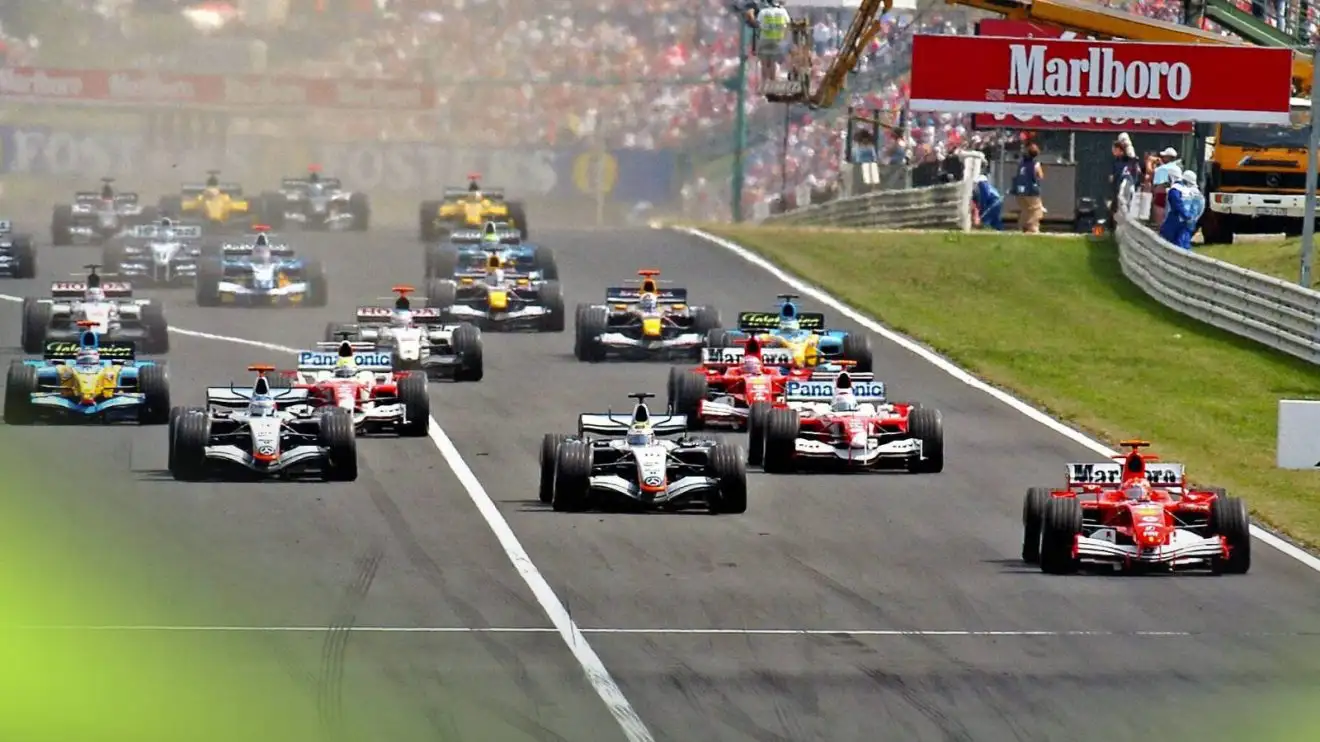
V10 power units were last used in the F1 2005 season.
The idea of returning to V10 power units might be romantically pleasing, but “putting the genie back in the bottle” for the planned F1 2026 rules may be a step too far.
A suggestion to return to V10 power units in the not-too-distant future has been mooted, with the FIA pulling together a working group to examine the possibility in closer detail.
Idea to return to V10s a ‘massive departure’ from existing plans
Formula 1 has been working towards a new engine formula for several years, with an evolved version of the V6 hybrid formula en route for F1 2026 – regulations around which the chassis rules have evolved.
The new engine formula has attracted manufacturers like Audi and Cadillac to sign up to join Formula 1, while Honda has also opted for a full-scale return to the sport next season.
But the nature of the regulations, creating an engine formula based around increased electrification and sustainable fuels before writing chassis regulations to attempt to ensure performance doesn’t take a big hit, has resulted in some concerns that the new regulations could end up being a damp squib.
This has led to the situation of the V10, a popular but historic engine formula, being proposed as a solution for the near future, perhaps even as soon as next season if sufficient support can be pulled together.
The possibility of a return has become a reality due to the availability of sustainable synthetic fuels, thus lowering the demand for fossil fuels and reducing the carbon footprint of the sport.
For Red Bull, whose supply deal with Honda ending resulted in them investing significantly into becoming an engine manufacturer in its own right for the new regulations, the proposals are coming just too late to be possible for 2026.
“I mean, obviously, there’s a lot of debate about the future,” team boss Christian Horner told the media in China.
“We’ve got a set of regulations for next year, for 2026. I think there are some limitations to those regulations as far as the show and the racing are concerned.
“I think there are some aspects that… We’ve ended up in a situation where the chassis is having to compensate a huge amount for perhaps some of the shortcomings of the split in electrification and combustion.
“But, you know, it’s sort of ten past midnight, and Cinderella’s left the building.”
The idea of the V10 is enthralling, Horner said, but the real-world practicalities and hurdles have to be considered.
“So, the romantic in you – a screaming V10 – so long as it’s done responsibly, with fully sustainable fuels, is hugely attractive,” he said.
“I think the big question is: when would that be for? And what would be the game plan between where we sit today and then?
“Because it would be a massive departure, obviously, to move away from what is currently being worked on very hard for 2026.
“But I think, from the fan in me, the concept of a screaming V10 engine would be very exciting for the sport—at whatever point it’s chosen for the future.
“There’s a governance, there’s a process, there’s rules in place, and obviously, on the engines, a big commitment has been made, but there’s an awful lot of talk about the future, engines for the future, and I think that there needs to be a game plan sooner rather than later.
“What does that roadmap, not just for next year, but the next 10 years of Formula 1 look like?
“I think all teams are all in at the moment on 2026, so we’d have to understand what it was all about.”
With some speculation suggesting Red Bull is in favour of pushing for the V10, suggesting its new V6 may not be as competitive as hoped, Horner denied there’s any push from RBPT to have the regulations changed.
“We have a power unit business now; we’re running engines on dynos,” he said.
“There’s been some speculation that we’re pushing for a delay. That’s absolutely not the case. We’re geared up and ready for ’26, so that’s our plan.”
McLaren team boss Zak Brown said he couldn’t see a situation in which the existing regulatory plan is torn up for 2026 and said concerns over the new regulations are not new territory for the sport.
“You know, Formula 1’s always been a very technical challenge when you have new regulations. I think this is no different for 2026,” he said.
“We’re happy to race and ready to race in whatever the rules may be. I think a V10, definitely – as Christian said – would be pretty cool with sustainable fuels.
“I don’t really see how you can unwind what’s in place, really, because of all the different power unit changes that are happening right now. Audi’s coming in, and Alpine’s going to Merc for an engine.
“Logistically, I’m not sure how you put the genie back in the bottle. But from our standpoint, we’re with HPP (Mercedes), very happy. They’re ready to go—or will be ready to go. And so that wouldn’t impact us.
“But it is a bit of a head-scratcher of how you would put that in place if you did want to make a change. And I think every time there’s a rule change, I remember when hybrids came in last time [in 2014] there was some concern, and that’s worked out just fine. So I’m sure the engineers will get on the technical challenge and remain very excited, as Formula 1’s always been.”
More on the F1 2026 regulations
👉 F1 2026: Confirmed teams and power unit suppliers for F1’s huge regulation changes
👉 F1 2025 v F1 2026: Nine key questions ahead of huge regulation changes
Mercedes’ Toto Wolff said a bigger deal should be made to celebrate the upcoming regulations, rather than coming up with all sorts of different ideas – but said Mercedes is happy to race with whatever formula is agreed upon.
“We’re racing with exciting regulations next year that were brought in by the FIA, and to accommodate newcomers like Audi,” he said.
“So I guess we achieved that, and this is what we should be looking forward to. How is that going to work with the cars? All of that is exciting, an exciting adventure.
“Having said that, this is where we should put our emphasis on. This is what we should cheer for and speak about – all the goodness that that’s gonna bring, rather than looking too far forward.
“We as Mercedes, we are always open – whether that’s an, in the future, eight cylinder or 10 cylinder, naturally aspirated or Turbo, energy recovery in whatever size… absolutely, you need to be open-minded.
“We are all racers. We like the engines of the past. Then you need to strike the right balance between what is exciting to us dinosaurs, screaming loud engines, and then defend this.
“The audiences that are on the track, and maybe that has migrated a little bit from pure petrol heads more to younger demographics to families that are coming onto the track that haven’t even been part of those years.
“All of this needs to be said as questions: what are the objectives for a future regulatory regulation change in a few years? Then let’s analyse that based on data and come to a conclusion that is for the best of our sport because this is the single most important denominator between the FIA, Formula 1, and the teams that we want to have the greatest product for our fans.”
Alpine’s Olver Oakes, whose team switches to Mercedes power after Renault abandoned development of a power unit for the new regulations, said it’s simply too late to change the engine rules at this point, “I think it’s quite a romantic idea, but obviously the train has left the station now for 2026.
“I think it’s probably something beyond that that will be looked at because it does sound quite good for Formula 1 to go that way a little bit. But we are quite far along already.”
Read Next: Eight of the greatest pranks in Formula 1 history
Christian Horner
Toto Wolff
Zak Brown



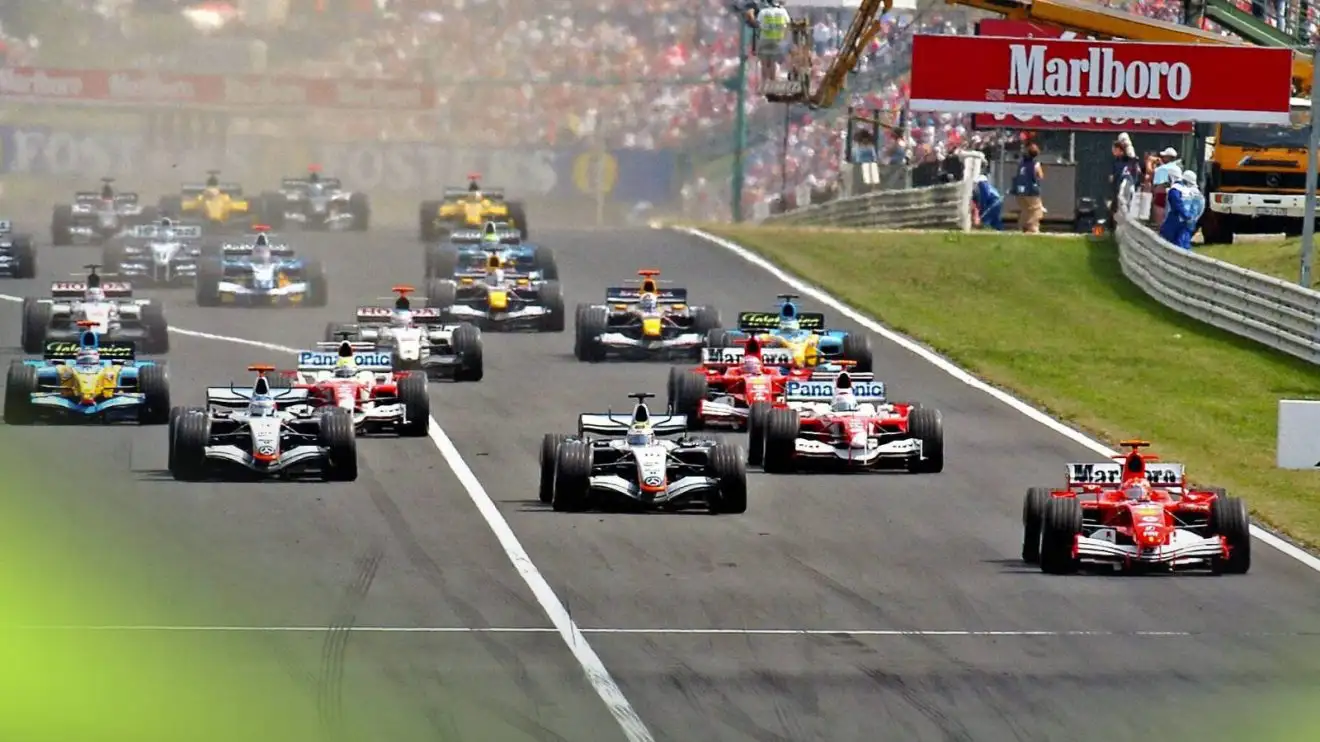
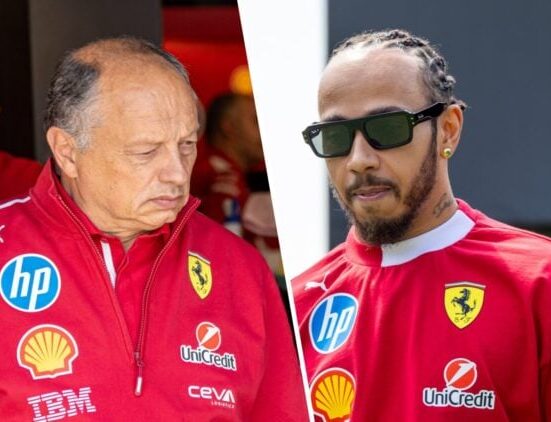
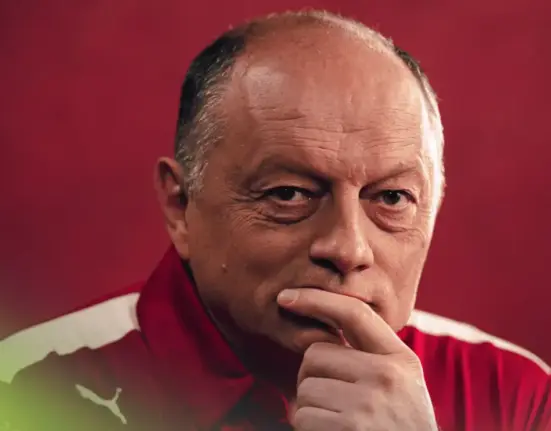

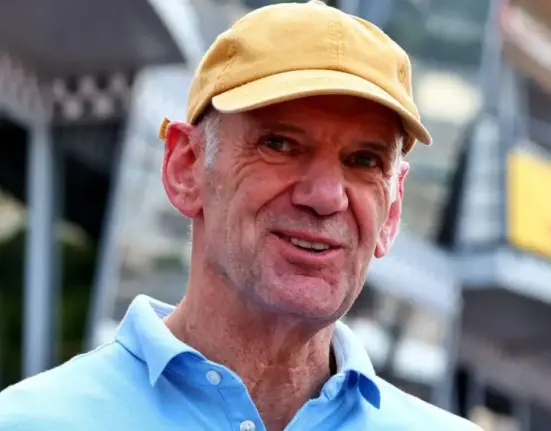
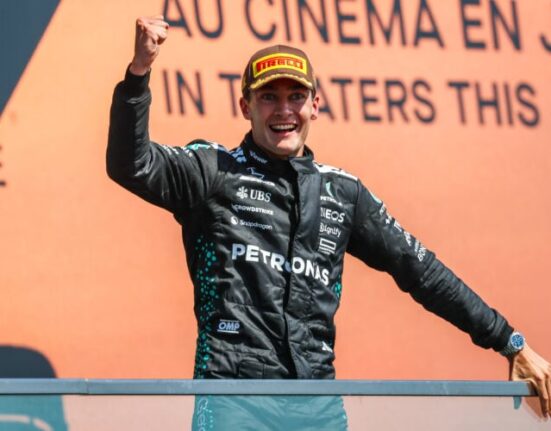

Leave feedback about this